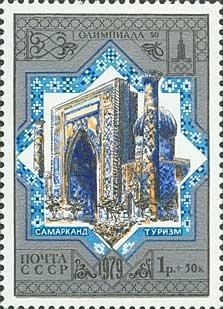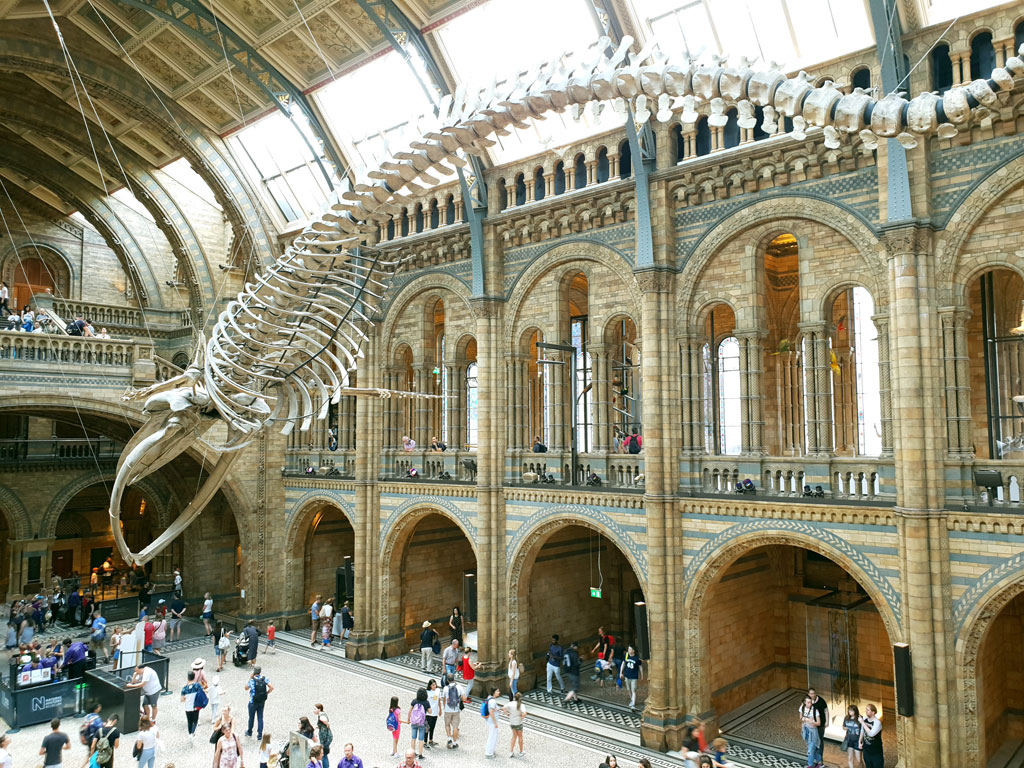Stamp: Samarkand mosque (Soviet Union, USSR 1979)
Samarkand mosque (Soviet Union, USSR 1979)
01 January (Soviet Union, USSR ) within release Tourisme, Olympia 80 goes into circulation Stamp Samarkand mosque face value 1+0.50 Russian ruble
| Stamp Samarkand mosque in catalogues | |
|---|---|
| Michel: | Mi:SU 4874 |
Stamp is vertical format.
Also in the issue Tourisme, Olympia 80:
- Stamp - Tbilissi stronghold face value 1+0.50;
- Stamp - Concert hall at Tbilissi face value 1+0.50;
- Stamp - Samarkand mosque face value 1+0.50;
- Stamp - Tachkent face value 1+0.50;
Stamp Samarkand mosque it reflects the thematic directions:
Tourism is travel for pleasure or business; also the theory and practice of touring, the business of attracting, accommodating, and entertaining tourists, and the business of operating tours. Tourism may be international, or within the traveller's country. The World Tourism Organization defines tourism more generally, in terms which go "beyond the common perception of tourism as being limited to holiday activity only", as people "traveling to and staying in places outside their usual environment for not more than one consecutive year for leisure, business and other purposes". Tourism can be domestic or international, and international tourism has both incoming and outgoing implications on a country's balance of payments. Today, tourism is a major source of income for many countries, and affects the economy of both the source and host countries, in some cases being of vital importance.
The modern Olympic Games or Olympics (French: Jeux olympiques) are leading international sporting events featuring summer and winter sports competitions in which thousands of athletes from around the world participate in a variety of competitions. The Olympic Games are considered the world's foremost sports competition with more than 200 nations participating. The Olympic Games are held every four years, with the Summer and Winter Games alternating by occurring every four years but two years apart.
A museum (/mjuːˈziːəm/ mew-ZEE-əm) is an institution dedicated to displaying and/or preserving culturally or scientifically significant objects. Many museums have exhibitions of these objects on public display, and some have private collections that are used by researchers and specialists. Compared to a library, a museum hosts a much wider range of objects and usually focus around a specific theme such as the arts, science, natural history, local history, and other topics. Public museums that host exhibitions and interactive demonstrations are often considered to be tourist attractions, and many museums attract large numbers of visitors from outside their host country, with the most visited museums in the world regularly attracting millions of visitors annually.
Mosquitoes, the Culicidae, are a family of small flies consisting of 3,600 species. The word mosquito (formed by mosca and diminutive -ito) is Spanish and Portuguese for little fly. Mosquitoes have a slender segmented body, one pair of wings, three pairs of long hair-like legs, and specialized, highly elongated, piercing-sucking mouthparts. All mosquitoes drink nectar from flowers; females of some species have in addition adapted to drink blood. The group diversified during the Cretaceous period. Evolutionary biologists view mosquitoes as micropredators, small animals that parasitise larger ones by drinking their blood without immediately killing them. Medical parasitologists view mosquitoes instead as vectors of disease, carrying protozoan parasites or bacterial or viral pathogens from one host to another.



